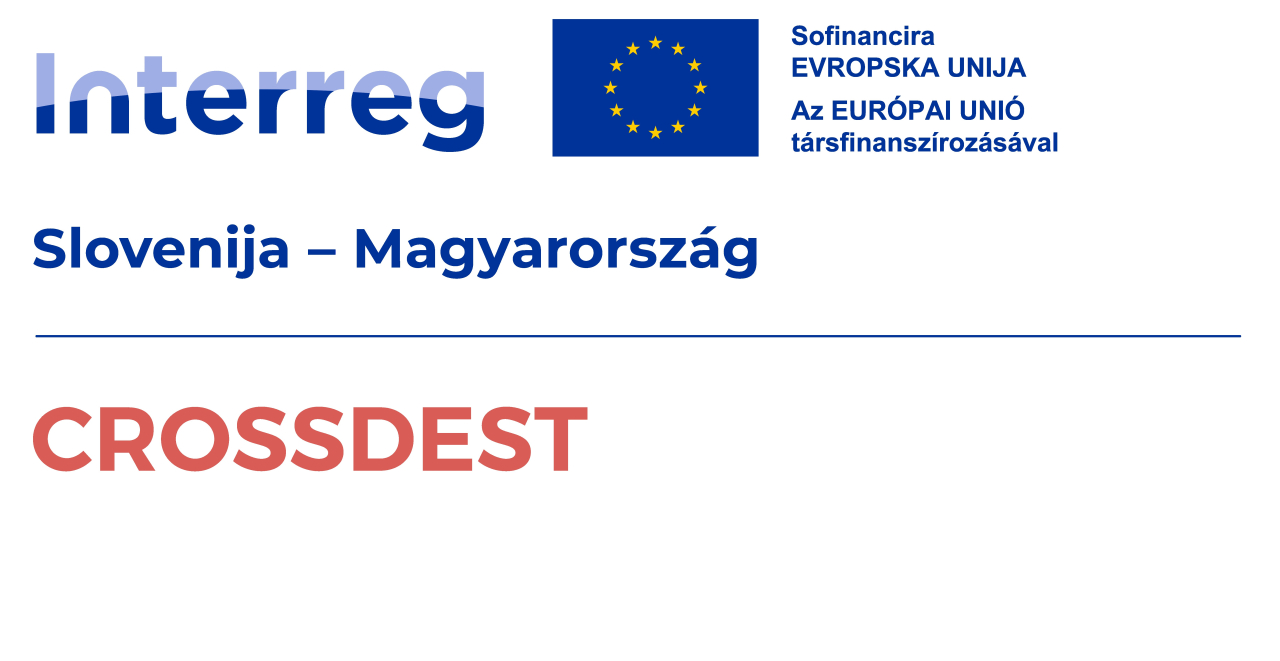

The future of tourism is green, or it has no future – Travalyst calls for climate action, I-DEST responds
Travalyst, the international initiative founded by Prince Harry, made a bold statement in July 2025, calling on the entire tourism sector to take climate action. The call clearly states that preparing for climate change is not optional but a responsibility – particularly for those in the tourism industry.
Travalyst – in collaboration with international partners, including the GSTC and WTTC – issued a definitive statement on 16 July 2025, titled:
„A Call on Climate Action for Travel and Tourism”. The document clearly states: tourism must urgently adapt to the impacts of climate change, reduce its ecological footprint, and actively contribute to a regenerative, sustainable future.
But what does this mean in practice? And how can destinations, providers, and travellers become true agents of change?
The I-DEST offers a systemic response to this.
Travalyst's 7 Points – and I-DEST's Responses
1. Adaptation and Resilience
Call to Action: Prioritising support for regions most vulnerable to climate change (islands, mountain areas), nature-based solutions, and community-level interventions.
I-DEST Response:
I-DEST's community-driven model enables small settlements, protected areas, and sensitive ecosystems to consciously manage their own risks. The system supports the development of nature-based tourism products and the monitoring and communication of resilience indicators.
2. Policy and Governance
Call to Action: Tourism must be integrated into national climate strategies, with a stable and predictable regulatory framework to guide the path towards net zero emissions.
I-DEST Response:
The entire I-DEST system is aligned with GSTC standards, making it directly applicable in national and regional strategies. Through monitoring platforms and benchmarking systems, real-time planning and evaluation data is made available to decision-makers.

3. Managing Climate Risks
Call to Action: Tourism must recognise and address physical, financial, and social risks, particularly to protect SMEs and communities.
I-DEST Response:
I-DEST provides self-assessment and risk data collection modules for providers. Destinations can use the system to integrate these risks into their own emergency, climate adaptation, and investment plans.

4. Emission Reduction and Decarbonisation
Call to Action: Accelerated decarbonisation is needed in travel, accommodation, food, and infrastructure, complemented by circular models and nature conservation.
What I-DEST Does:
-
introduces energy awareness indicators for providers,
-
supports the transition to local supply chains.
All of this reduces emissions while creating a competitive advantage.

5. Measurement, Monitoring, and Data Usage
Call to Action: Consistent, interoperable, and usable data systems are needed to measure impacts, support decision-making, and guide investment decisions.
I-DEST Response:
The system is built on structured, GSTC-based data collection:
-
at destination and provider levels,
-
involving visitors,
-
ensuring benchmarking and temporal comparability.
The data is integrated into a single platform, providing a solid foundation for strategic decisions and funding reports.

6. Financing and Investments
Call to Action: Expanding access to climate finance tools for all stakeholders in the tourism sector.
I-DEST Response:
I-DEST supports:
-
preparation for certifications (e.g., Good Travel Seal, Green Destinations, GreenKey, Bioscore, etc.),
-
generating measurable, quantifiable results,
-
enhancing investor confidence and transparency.
This paves the way for joining green financing programmes.

7. Collaboration and Systemic Transformation
Call to Action: Tourism must act as a systemic connector – between communities, sectors, and value chains – and operate in the spirit of the Glasgow Declaration.
I-DEST Response:
I-DEST:
-
connects provider and destination levels,
-
encourages community involvement and education (e.g., gamification),
-
enables the development of cross-border, SDG-based tourism routes (e.g., cultural trails).
The result: shared knowledge, shared values, and collective action – both locally and globally.

Travalyst's call is clear: tourism must shift from its passive operations of the past towards an active, responsible, and measurable future.
I-DEST provides the tools to achieve this: a system for measurement, a framework for thinking, and a platform for collaboration – sustainably, inclusively, and data-driven.
More News
All-
4 Mins

Read -
5 Mins

Read -
6 Mins

Read -
5 Mins

Read -
3 Mins

Read -
7 Mins

Read -
7 Mins
Read -
5 Mins
Read -
6 Mins

Read -
6 Mins

Read -
3 Mins

Read -
3 Mins

Read -
10 Mins

Read -
5 Mins

Read -
6 Mins

Read -
4 Mins

Read -
5 Mins
Read -
4 Mins

Read -
6 Mins
Read -
7 Mins

Read -
5 Mins

Read -
4 Mins
Read -
4 Mins

Read -
4 Mins

Read -
6 Mins

Read -
3 Mins

Read -
1 Mins

Read -
2 Mins
Read -
2 Mins

Read -
3 Mins

Read -
3 Mins

Read


